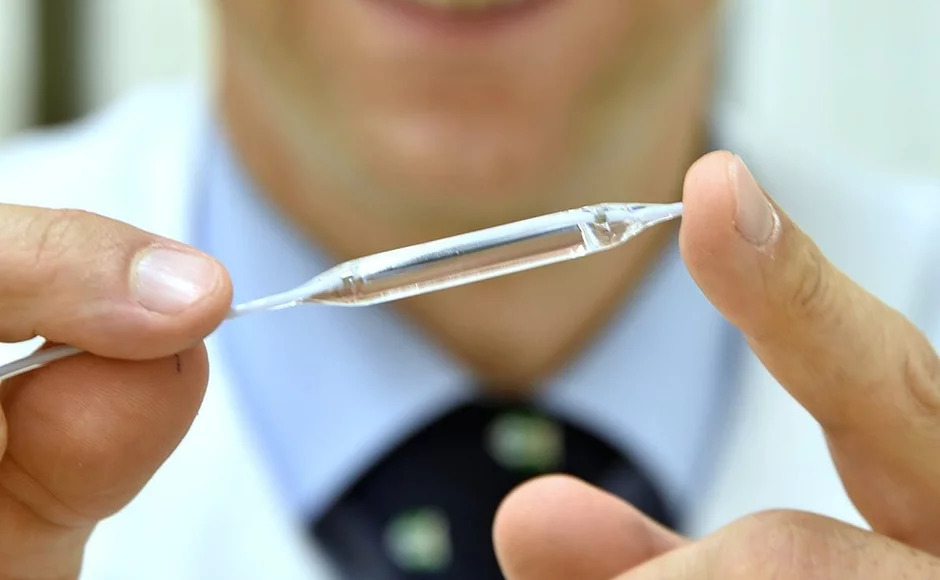PERIPHERAL ARTERIAL DISEASE
PAD is a chronic disease in which plaque builds up in the arteries to the legs. This buildup typically occurs gradually. If allowed to progress, blood flow in that artery can become limited or blocked all together.
PAD is relatively common, affecting more than 10 million people in the U.S. It is more common in people who are 65 or older, but can occur at nearly any age. Smoking; high blood pressure; high cholesterol or triglycerides; diabetes; kidney failure; and obesity increase your risk for PAD.
Many patients experience no symptoms.
Others describe a change in the color of your legs, hair loss or slower hair growth on your feet and legs, slower growth of your toenails, and shiny skin on your legs. Erectile dysfunction is seen in men.
Many patients complain of fatigue or cramping (claudication) in the calf, thigh, hip or buttocks. This discomfort is felt with ambulation and goes away with rest.
If peripheral artery disease progresses, pain may even occur when you’re at rest or when you’re lying down (ischemic rest pain). It may be intense enough to disrupt sleep. Hanging your legs over the edge of your bed or walking around your room may temporarily relieve the pain.
An open wound or ulcer, can be a serious sign of peripheral arterial disease and requires immediate medical attention.

ENDOVASCULAR TREATMENT
We specialize in providing state-of the-art minimally invasive techniques to treat PAD
Utilizing the latest angioplasty balloons, endovascular stents, and atherectomy catheters, we are able to treat many of the most complicated cases.
Our office based lab, thus allowing patients to avoid hospitalizations and allowing them to return home that same day!
OPEN SURGERY
PREVENTION
Quit smoking if you’re a smoker.
If you have diabetes, keep your blood sugar in good control.
Exercise regularly. Aim for 30 to 45 minutes several times a week after you’ve gotten your doctor’s OK.
Lower your cholesterol and blood pressure levels, if applicable.
Eat foods that are low in saturated fat.
Maintain a healthy weight.